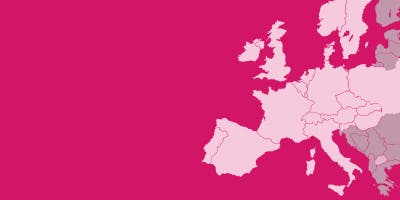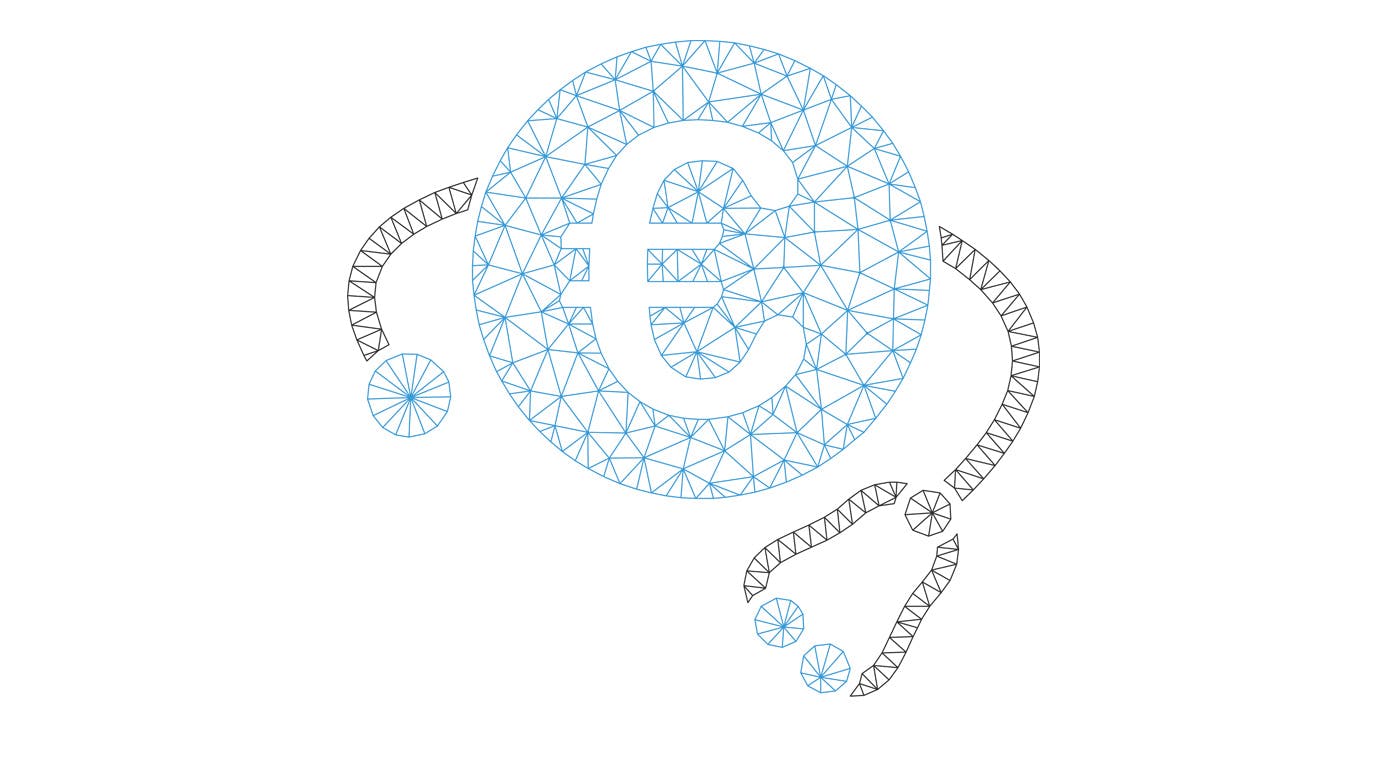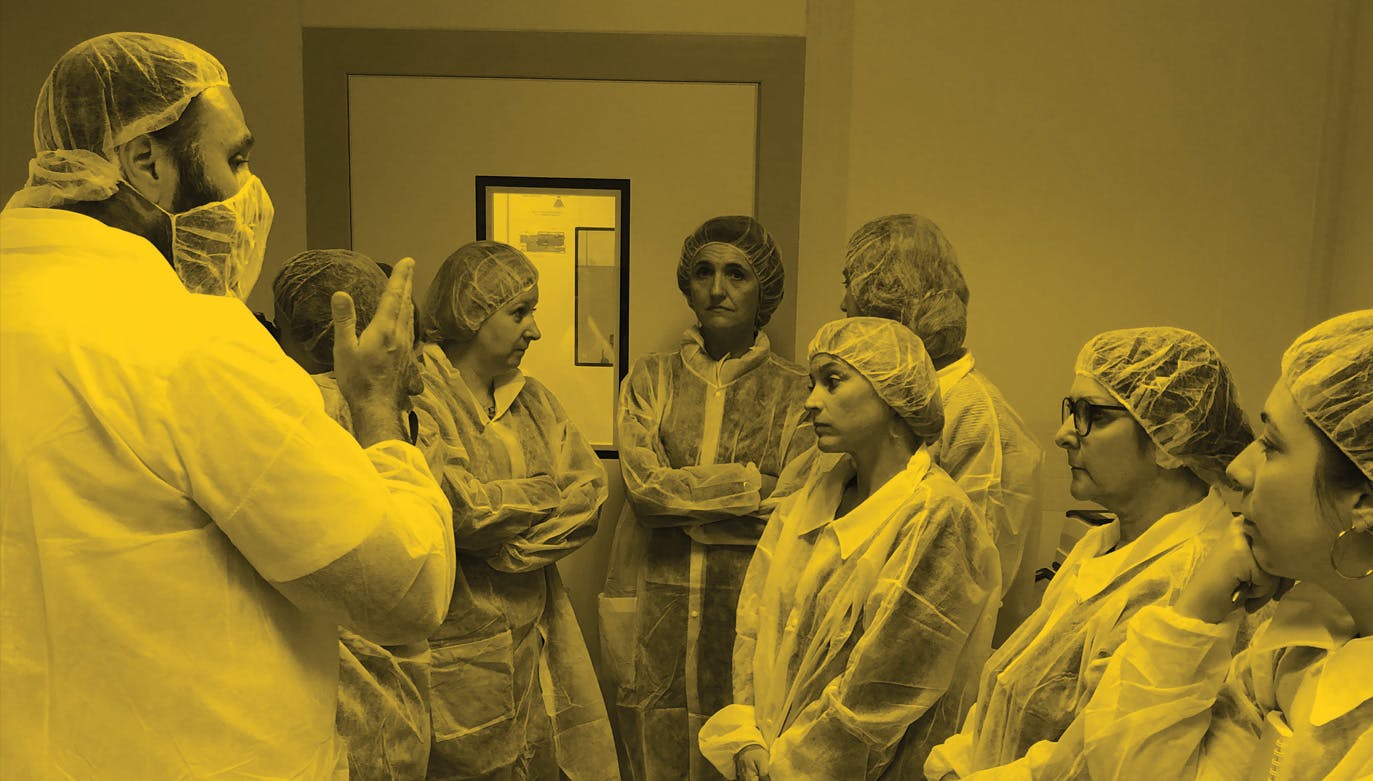MedTech Week Magazine 2019 At a glance
Highlights from the 5th Edition of the Award-Winning MedTech Week Magazine
2,5
million
views
I am particularly pleased to see so many examples of companies reaching out to their communities and engaging with employees – after all, medtech is really about people rather than technology.

22
Countries
Engaged
51
Members
Involved
55
External
Partners
3,300
new fans & followers
37,000
website visits
140,000
video views
Bringing Sound & Vision to the message
Articles

Guessing games
Fun video series saw kids trying to figure out what medical devices do

Delivering value that’s valued
A series of blogs, videos and case studies offered a global view of value in healthcare

Paying for digital health
Digital technologies could transform patient care – but how are they reimbursed?

Patient Safety First
National associations help companies deliver products of the highest quality

Safer sleep
Remote monitoring technology is revolutionising sleep apnoea treatment

Demystifying nuclear medicine
Press trip offers journalists insights on the latest in PET/MRI technology

A job for life
Careers in medtech offer a rewarding way to help transform and save lives every day

Fighting antimicrobial resistance (AMR)
Diagnostic tests are the invisible heroes of the healthcare system. Between 60 and 70% of all medical decisions are based on the results of diagnostic tests, but medical biology represents only 2-3% of healthcare expenditures.

Career choices
Apprenticeship Night was a chance for companies to engage with young people

When plastic heals
Translating material properties into life-saving products
Perspectives

New role for Clinical Research Organisations
Two new EU Regulations will require the collection and analysis of more data during clinical investigations

Green is the new black
Climate action is rightfully gaining space on the policy agenda. Healthcare is part of the problem and must become part of the solution.

Improving the lives of people living with diabetes
It is incredible when I think that nearly 100 years have passed since the discovery of insulin. Since then, insulin has saved the lives of millions of people living with diabetes around the world.

What do patients want?
Patients don’t care about technology – they care about the quality of life

Career inspiration: My journey to biomedical engineering
At the age of seventeen, I was good at maths and sciences, but I did not know what to study after secondary school.

Are you ready for Eudamed?
One of the biggest changes on the healthcare horizon will be new EU requirements for product information. If you are not already preparing for this, start now – the clock is ticking.

Changing health, changing lives
Our sector has changed a great deal in the last decade, but there is much more innovation to come – notably in customisation and data.

Incontinence: Breaking the taboo
The condition can be treated, often cured, and always managed

‘Will it make the boat go faster?’
We need to work in partnership with healthcare providers to understand the true value of technologies.

The future of medicine is personal
We must all play our part in embedding personalised medicine into Europe’s healthcare systems

Patient Safety First
National associations help companies deliver products of the highest quality
Many medical technologies require a CE mark if they are to be sold and used in Europe. However, for some types of products, there are additional safety standards needed in order to ensure the highest level of security and performance.
Electrical medical devices and systems – everything from x-ray and MRI machines to infant incubators and cardiac defibrillators – are subject to a special series of technical standards for safety and performance. Known as the EN 60601 series, these technical specifications are published by the International Electrotechnical Commission (IEC).
Most citizens can take comfort from knowing that electrical medical devices meet these standards, without having to get too deep into the detail of what lies beneath. For medical technology industry experts, however, diving into the detail is an essential part of the job.
To help improve awareness within the industry of medical technologies and their regulatory complexity, Medicoindustrien hosted a training event in Denmark. The course was delivered by Yannick Charrotton, CTO and co-founder LHS-Lambda Health System SA.
It explained the EN 60601 series, as well as how to use and interpret it. The course also covered how the standard fits into the regulatory environment in Europe and in other markets. Hands-on training sessions were a strong feature of the event which took a practical approach to this complex topic.
The initiative was designed for manufacturers, product development engineers, hospital engineers, regulatory affairs managers, project managers and quality managers. Seven people from four medtech companies took part. ‘It was a great overview from a great teacher,’ said one of the participants. ‘He was very engaged and knowledgeable, listing and making the course relevant for our types of products.’
The course is just one example of how national medtech associations support their members in delivering technologies of the highest standard for the European market: They worry about standards so patients don’t have to.







